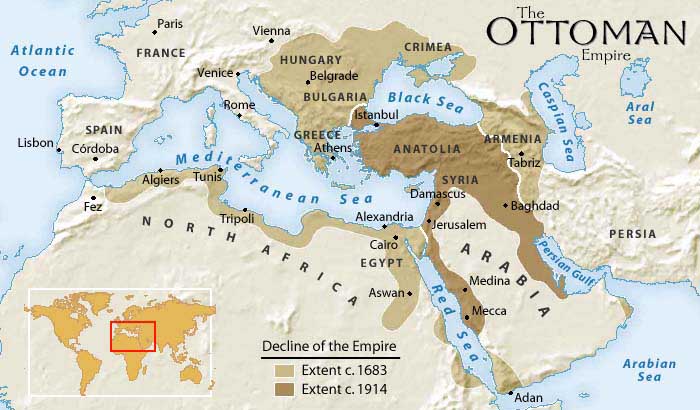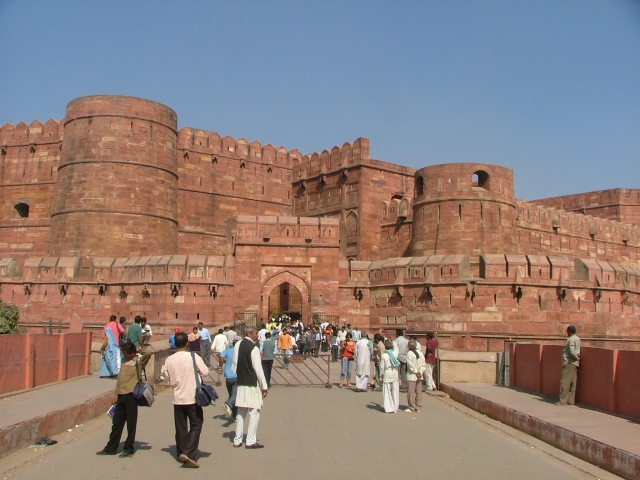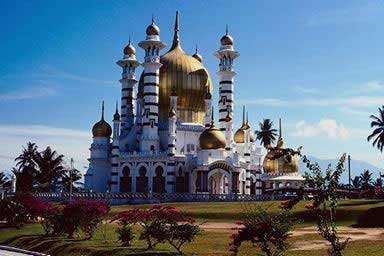It's human sacrifice because the executor is peforming the action out of piety, and because he feels it was requested by a god.
This isn't something we're likely to agree on, and any more back and forth would just be more repetition on both our parts.
If we're going to count 'walkable surface' as 'land', then the ratio is (again) bunk because of the arctic ice. Considering it's been travelled across, I think that's a fair statement. So the whole ratio becomes bunk again, meanwhile the people are touting both the ratio and the 'lowest land' as significant. You cannot hold both statements to be true at the same time.
Recall that Fachy was the one that brought up that land to water ratio. I actually hadn't heard of that prior to him mentioning it.
I disagree with you that believing that ice is solid and considered "as land" makes the ratio meaningless and that the "lowest land" argument as well as this one are mutually exclusive.
Now, it's unclear whether floating Arctic ice bergs are considered "walkable" remember that if they're in the water, they raise the sea level, however, if they are on land, accumulations of ice have no impact on sea level and this is an important concept to consider. Over simplifying something like this can lead to important though sometimes subtle details being overlooked.
Remember, I was not the first to suggest that we count the Antarctic as 'land' for purposes of this discussion. If the trench is not filled with seawater, but ice (and ice does not count as 'sea') then the trench is 100% below sea water. Even with ignoring the fact that Antarctica is lower than the Dea Sea.
As I was saying above, ice that is on land and does not displace water is different than floating ice, or ice that does partly displace water. If the trench is covered in ice and there is no entry into the trench (except burrowing through the ice) it is quite legitimate to consider the thickness of the ice as an element contributing to the height of the Earth's surface. If you do think burrowing through the ice to get to solid land invalidates the "lowest land" sign, then consider that you could simply burrow through land and create a piece of land that is farther below sea level than the Dead Sea.
I'm sure this will make you consider whether or not this will ever happen. If it does, will it invalidate the Qur'an? I'm not sure if you've heard of Muhammad's (pbuh) uncle. It was revealed that this uncle of Muhammad's (pbuh) would never in his life embrace Islam. If he did, that would completely destroy Islam and expose Muhammad as a charlatan. However, despite that, his uncle never converted and died a disbeliever.
"If it melts, it would be filled with sea water"? I don't think that viable, I'm pretty sure that if the poles were melted so would the land that Mohammed mentions.
That comment regarding the melting of the ice above the trench was not something that I imagined. It is something I read and can reference to. However, can you prove that if the ice in that area melted and filled that trench that the land Muhammad (pbuh) mentioned would also be flooded? Conjecture isn't conclusive

.
Okay, where's an area that the Greeks got wrong that the Qur'an consistently gets right? I'd prefer (being upfront) in cases that the Qur'an cannot have drawn on Christian beliefs, instead.
At the moment, I'm not aware of a specific example, as I'm not sure what the Greeks new or believed at the time. If someone has an example, I welcome them to address El_Machinae's question. Otherwise, when I have the time to go digging, I'll do it myself (you may need to remind me though Mach).
Hmm. I think it was meant to show the extent of the empire's influence. Just a guess though.
I was going to put together a long and extensive response, but Princeps has pretty much summarized my view and saved me a lot of time

.
Basically, whether that map is authoritative or not, and even if it does not distinguish between territory that was officially claimed by the Ottomans and their vassals and tributaries, the purpose of the map was to show that the scope, size and influence of a Muslim empire after what El_Machinae described was a "breakdown" following 1200 AD.
Also, I completely forgot to mention the
Malinese Empire! They were also Muslim, and the source of over half the world's gold for a time (Officially lasted between 1235-1645 AD). Mansa Musa is well renowned for his great generosity, particularly among Muslims during his pilgrimage.
There has been no mention of Malay-Indonesia which was another Muslim area.






 Of course, it can mean something else, but in that case it has to be specified. You can't say "living creature", and refer only to "rabbit". You have to specify.
Of course, it can mean something else, but in that case it has to be specified. You can't say "living creature", and refer only to "rabbit". You have to specify. 






